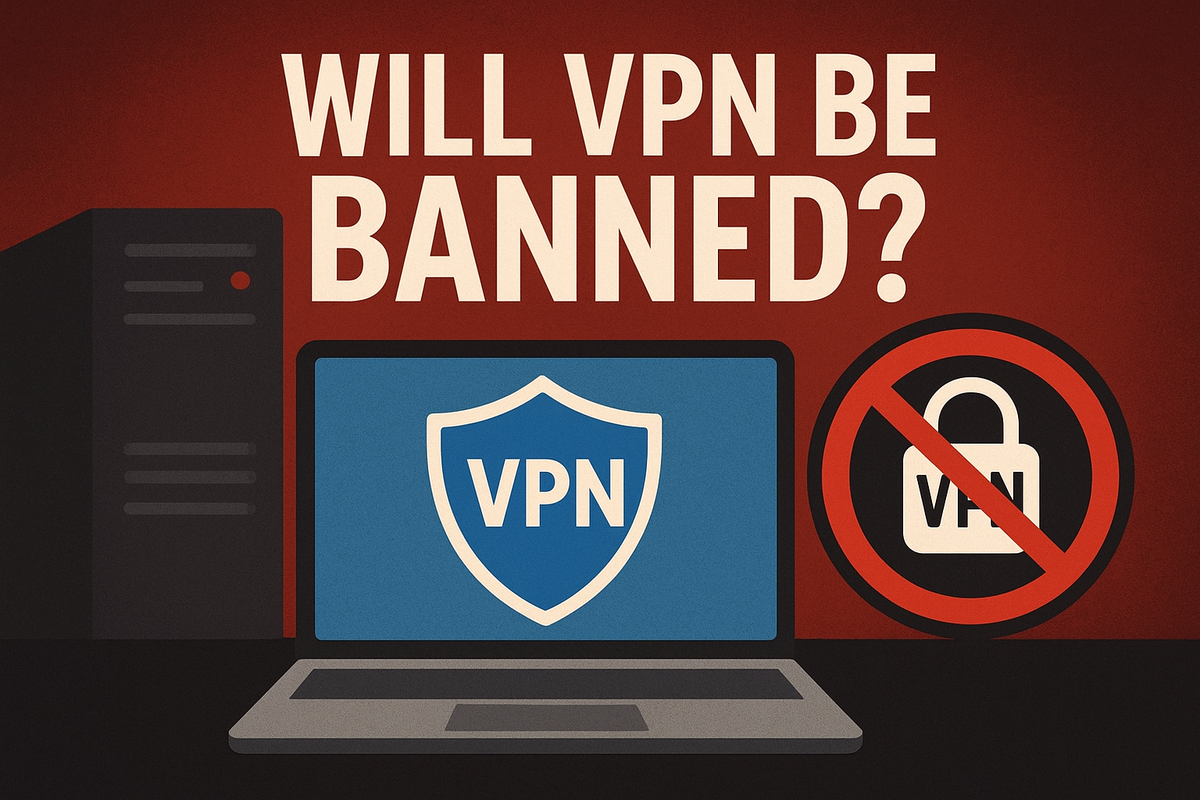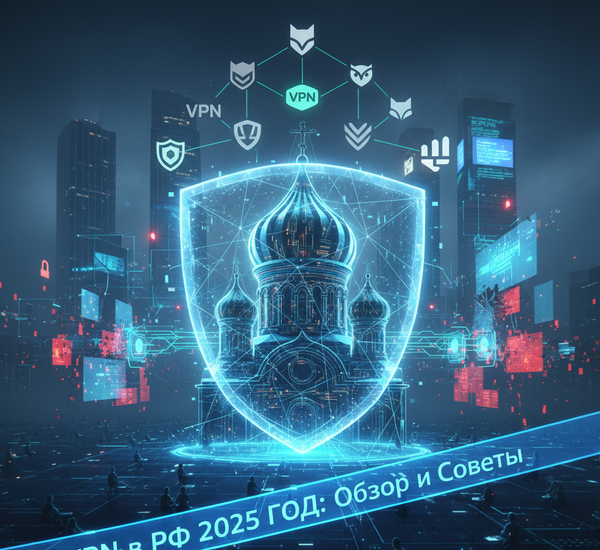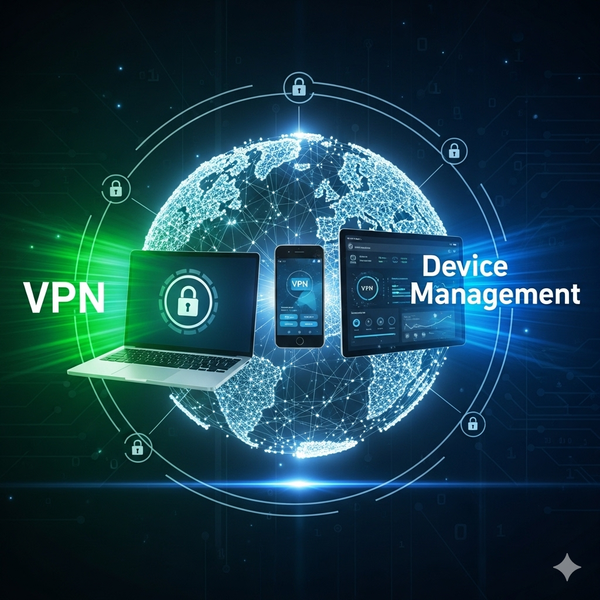Will VPN Be Banned? Understanding the Future of Online Privacy and Access

1. Introduction: The Rising Concerns About VPNs
In today’s digital world, virtual private networks, or VPNs, have become a staple for anyone concerned about online privacy and unrestricted access to content. People often ask, “will VPN be banned?”, reflecting a growing awareness of how governments and corporations are scrutinizing online activity. With more online surveillance, data breaches, and censorship around the globe, the question of whether VPNs will remain available is increasingly relevant.
VPNs offer users the ability to protect their personal information, encrypt their internet traffic, and bypass regional restrictions. For many, they are not just tools of convenience but essential instruments for maintaining digital freedom. Whether it’s accessing streaming services, international websites, or secure communication platforms, VPNs provide a shield against prying eyes and potential data theft.
Amid concerns about restrictions and potential bans, choosing a reliable VPN becomes crucial. For example, the VPN Winston service offers a 3-day free trial and supports connection for up to five devices on a single subscription. It allows access to blocked websites while ensuring your data remains private and secure. For users wondering “will VPN be banned?”, having a trustworthy VPN like this can provide peace of mind and continuous internet freedom.
As debates about online privacy and VPN regulations intensify, understanding the current landscape is essential. The following sections will explore why VPNs are indispensable today, examine legal restrictions in various countries, and consider whether VPN bans are likely in the near future.
2. Why VPNs Are Essential Today
In an era where cyber threats are constantly evolving, VPNs are no longer a luxury—they are a necessity. Many internet users ask themselves, “will VPN be banned?”, especially as governments around the world consider stricter regulations on online activity. The truth is, VPNs play a critical role in maintaining digital privacy, security, and freedom.
One of the main reasons VPNs are essential is online privacy. Every day, hackers, advertisers, and even internet service providers track user activity. Without a VPN, your personal information, passwords, and browsing history are vulnerable to interception. Using a VPN encrypts your internet traffic, making it extremely difficult for anyone to monitor your online behavior.
Another key reason is access to geo-restricted content. Many websites, streaming platforms, and services are limited to certain countries. Without a VPN, users may find themselves blocked from favorite content simply because of their location. With a reliable VPN, such as VPN Winston, users can access blocked sites seamlessly. Winston also allows connection of up to five devices on a single subscription and offers a 3-day free trial, making it easy to secure all your devices.
VPNs also provide protection on public Wi-Fi networks, which are often unsecured and risky. Logging into sensitive accounts, making online payments, or even checking emails without a VPN exposes you to potential cyberattacks. With a VPN like Winston, your data remains encrypted, even on public networks, ensuring your online presence is safe from prying eyes.
As debates over internet freedom intensify, the question “will VPN be banned?” grows in significance. Governments may attempt to limit access, but the demand for privacy and unrestricted internet access continues to rise. VPNs are a vital tool for individuals who refuse to compromise on security, freedom, and online access.
3. The Legal Landscape: Countries and VPN Restrictions
As the popularity of VPNs grows, so does the scrutiny from governments worldwide. Many people wonder, “will VPN be banned?”, and understanding the legal landscape is key to answering that question. While VPNs are legal in most countries, some governments have imposed strict restrictions or outright bans on their use, citing reasons such as national security, censorship, or control over internet content.
Countries like China, Russia, Iran, and the United Arab Emirates have implemented regulations that limit or restrict VPN usage. In these regions, only government-approved VPNs are allowed, and using unauthorized services can result in fines or other legal consequences. Despite these challenges, many users rely on VPNs to maintain access to free information and ensure their online communications remain private.
In countries with partial restrictions, VPNs may not be banned completely but are heavily monitored. Internet service providers may block certain VPN servers, or websites may detect VPN traffic and restrict access. This makes it more important than ever to choose a VPN that is reliable, secure, and capable of bypassing these restrictions.
A VPN like VPN Winston is designed to address these challenges. It provides access to blocked websites, protects your data with advanced encryption, and supports multiple devices under a single subscription. With a 3-day free trial, users can test the service and ensure uninterrupted access even in regions with internet restrictions.
As the question “will VPN be banned?” continues to circulate, understanding local laws and regulations is crucial. While some governments may attempt to limit VPN use, the demand for privacy, security, and unrestricted access keeps VPNs in high demand. Users who equip themselves with a trustworthy VPN can navigate these legal landscapes safely and confidently.
4. The Risks of VPN Bans
The potential for VPN bans raises serious concerns for individuals, businesses, and online communities. When people ask, “will VPN be banned?”, it’s not just a hypothetical question—it reflects real risks that could impact daily internet use, privacy, and access to information.
One of the primary risks of VPN bans is the loss of online privacy. Without VPN protection, personal data, browsing history, and online communications become vulnerable to monitoring by governments, internet service providers, or malicious actors. Sensitive information, from financial details to private messages, could be exposed. For anyone concerned about privacy, a reliable VPN is indispensable. Services like VPN Winston provide strong encryption to keep your data safe, even in regions where VPN use faces restrictions.
Another significant risk involves restricted access to content. Banning VPNs can prevent users from reaching websites, streaming services, or social media platforms that are essential for work, learning, or entertainment. This can particularly affect businesses that rely on secure international communications, research, or accessing global digital resources. VPN Winston allows access to blocked websites and supports up to five devices on a single subscription, helping users maintain connectivity and productivity.
For businesses, VPN bans can create operational challenges. Remote teams, freelancers, and multinational companies often rely on VPNs to ensure secure communication, protect proprietary data, and access geo-restricted tools. Losing this capability can result in data breaches, decreased efficiency, and potential legal exposure.
Finally, VPN bans can hinder internet freedom and innovation. By limiting the ability to bypass censorship or safely explore online resources, governments risk restricting free expression and access to knowledge. For individuals concerned about these issues, using a VPN like Winston ensures continuous access to the open internet, while protecting personal data from unauthorized surveillance.
Understanding the risks of VPN bans highlights why maintaining a secure, reliable VPN is critical. With increasing debates about online regulations, services like VPN Winston become more than convenience—they are essential tools for privacy, access, and security.
5. How VPNs Stay Ahead of Regulations
As discussions about “will VPN be banned?” continue, VPN providers are constantly innovating to stay ahead of potential restrictions. Advanced technologies and smart strategies allow VPNs to operate effectively even in countries with strict internet regulations, ensuring users maintain access to content and secure communications.
One key feature is obfuscation technology. This makes VPN traffic look like regular internet activity, preventing detection by network filters or firewalls. Even in countries that attempt to block VPN connections, obfuscated servers allow users to bypass restrictions and enjoy uninterrupted access. Services like VPN Winston leverage similar technologies to ensure you can connect safely from anywhere.
Another important aspect is the global server network. VPN providers maintain multiple server locations around the world, which allows users to connect through servers that are less likely to be blocked. This is especially useful in regions with heavy censorship or geo-restrictions. VPN Winston offers a wide range of servers and supports up to five devices on a single subscription, making it easy to secure multiple devices simultaneously.
Strong encryption and no-logs policies are also essential. By encrypting user data and maintaining a strict no-logs policy, VPNs protect sensitive information even if a network is compromised. This ensures privacy and security, regardless of local laws or surveillance practices. VPN Winston prioritizes user safety, giving you confidence that your browsing, downloads, and communications remain private.
Finally, VPN providers often update their software and servers to adapt to evolving regulations. Regular updates, advanced protocols, and responsive customer support allow users to continue accessing blocked sites without interruption. By choosing a trustworthy VPN, you can navigate challenges confidently while enjoying full online freedom.
By staying technologically ahead, VPNs like Winston provide peace of mind for users concerned about bans, restrictions, or monitoring. Even if questions like “will VPN be banned?” persist, innovative solutions ensure that internet privacy and accessibility remain intact.
6. Will VPN Be Banned in the Future? Expert Predictions
The question “will VPN be banned?” is more than a casual curiosity—it reflects growing global concerns about internet control, privacy, and security. Experts in cybersecurity and digital policy weigh in with a range of predictions, balancing government regulations, technological innovation, and public demand for online freedom.
Some analysts believe that full-scale VPN bans are unlikely in most countries. The primary reason is the essential role VPNs play in business, education, and international communication. Companies, remote workers, and academic institutions rely heavily on VPNs to securely connect to global networks. Completely banning VPNs could disrupt economies and limit access to vital services.
However, partial restrictions are more probable. Governments may require VPNs to adhere to local regulations, monitor traffic, or use government-approved servers. In countries like China, Iran, or Russia, these measures already exist, forcing users to navigate carefully. For anyone concerned with “will VPN be banned?”, using a reliable VPN that continually adapts to regulations is crucial. Services like VPN Winston provide secure access, allowing users to connect up to five devices while bypassing regional restrictions.
Experts also note that technological advancements could influence the future of VPN usage. Improved encryption, server obfuscation, and decentralized VPN networks may make bans less effective, allowing users to maintain privacy even in restrictive regions. In this sense, VPNs are likely to evolve alongside regulations, providing solutions rather than being entirely eliminated.
In summary, while questions about “will VPN be banned?” are valid, the combination of legal, economic, and technological factors suggests that VPNs will continue to play a critical role in online privacy and access. Users can stay protected and connected by choosing a trusted VPN service like Winston, which offers a 3-day free trial, secure encryption, and access to blocked websites across multiple devices.
7. Choosing the Right VPN
With growing concerns about “will VPN be banned?”, selecting the right VPN has never been more important. Not all VPNs are created equal, and choosing a service that prioritizes security, reliability, and accessibility is essential for protecting your online privacy and maintaining access to restricted content.
When choosing a VPN, security should be the top priority. Look for strong encryption protocols, a no-logs policy, and features like kill switches that protect your data if the connection drops. A VPN like VPN Winston provides robust encryption and ensures that your personal information remains private, even on public Wi-Fi networks.
Speed and performance are also crucial. A VPN should not slow down your internet connection or make streaming and browsing frustrating. VPN Winston offers fast and stable connections, supporting multiple devices simultaneously—up to five devices on a single subscription—so all your devices remain secure without compromising performance.
Access to restricted content is another important consideration. Whether you want to reach blocked websites, streaming platforms, or social media networks, a good VPN should bypass geo-restrictions reliably. VPN Winston allows users to access blocked websites effortlessly, giving you full control over your online experience.
Lastly, consider customer support and usability. A VPN that is easy to install and use, with responsive customer support, ensures that even beginners can navigate restrictions safely. With a 3-day free trial, VPN Winston lets you test the service risk-free, ensuring it meets your needs before committing to a subscription.
Choosing the right VPN is about balancing privacy, performance, and accessibility. By opting for a trusted service like Winston, you can stay protected online, access blocked content, and confidently answer the question “will VPN be banned?” knowing that your digital freedom is in safe hands.
8. Conclusion: Staying Safe and Connected
As the digital landscape evolves, the question “will VPN be banned?” continues to capture attention worldwide. While some countries impose restrictions and regulations, the demand for online privacy, secure communication, and unrestricted access remains stronger than ever. VPNs are no longer optional—they are essential tools for anyone who values freedom, security, and connectivity on the internet.
By understanding the legal landscape, recognizing the risks of VPN bans, and choosing the right service, users can stay protected even in regions with strict regulations. VPNs like VPN Winston provide the security, reliability, and accessibility needed to navigate the modern online environment. With features like a 3-day free trial, connection for up to five devices, and access to blocked websites, Winston ensures your data is safe and your internet experience remains unrestricted.
Even as questions about “will VPN be banned?” persist, technological innovation and responsible use empower individuals to maintain control over their online presence. By investing in a trustworthy VPN, you protect not only your data but also your ability to access the global internet freely.
Don’t wait for restrictions to affect your online freedom—try VPN Winston today and experience secure, unrestricted internet access across all your devices. Stay safe, stay connected, and enjoy the peace of mind that comes with knowing your digital life is protected.


